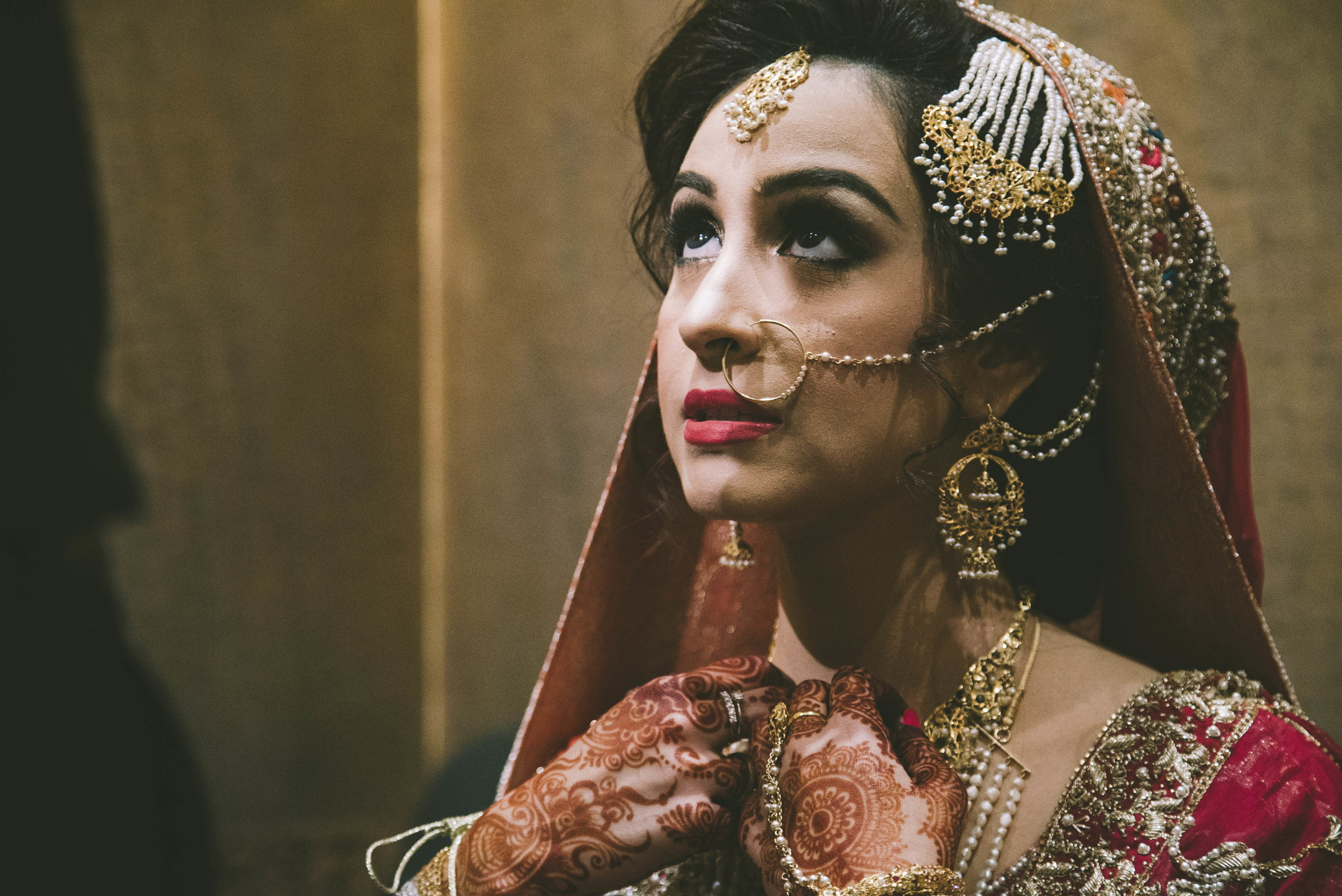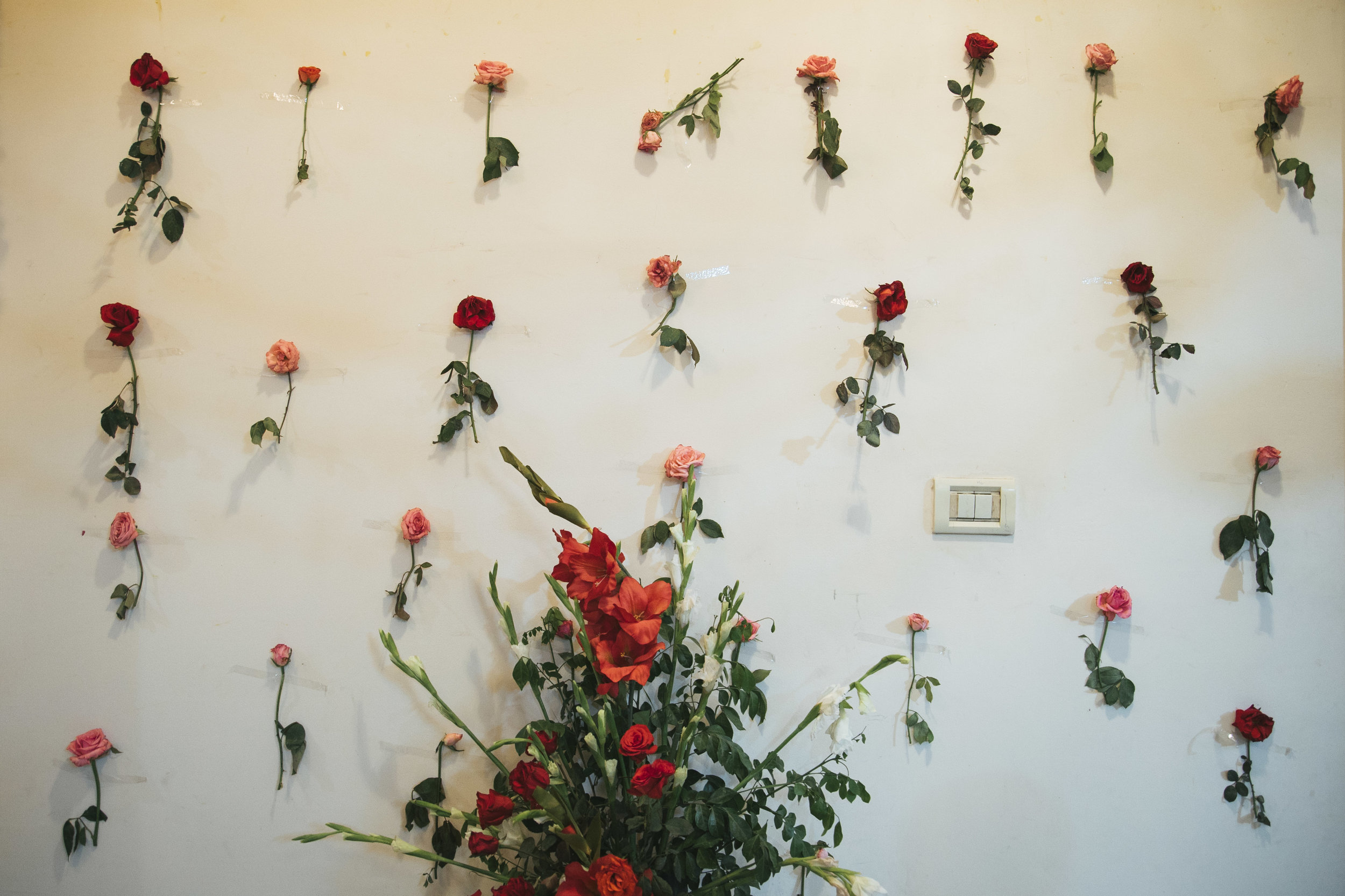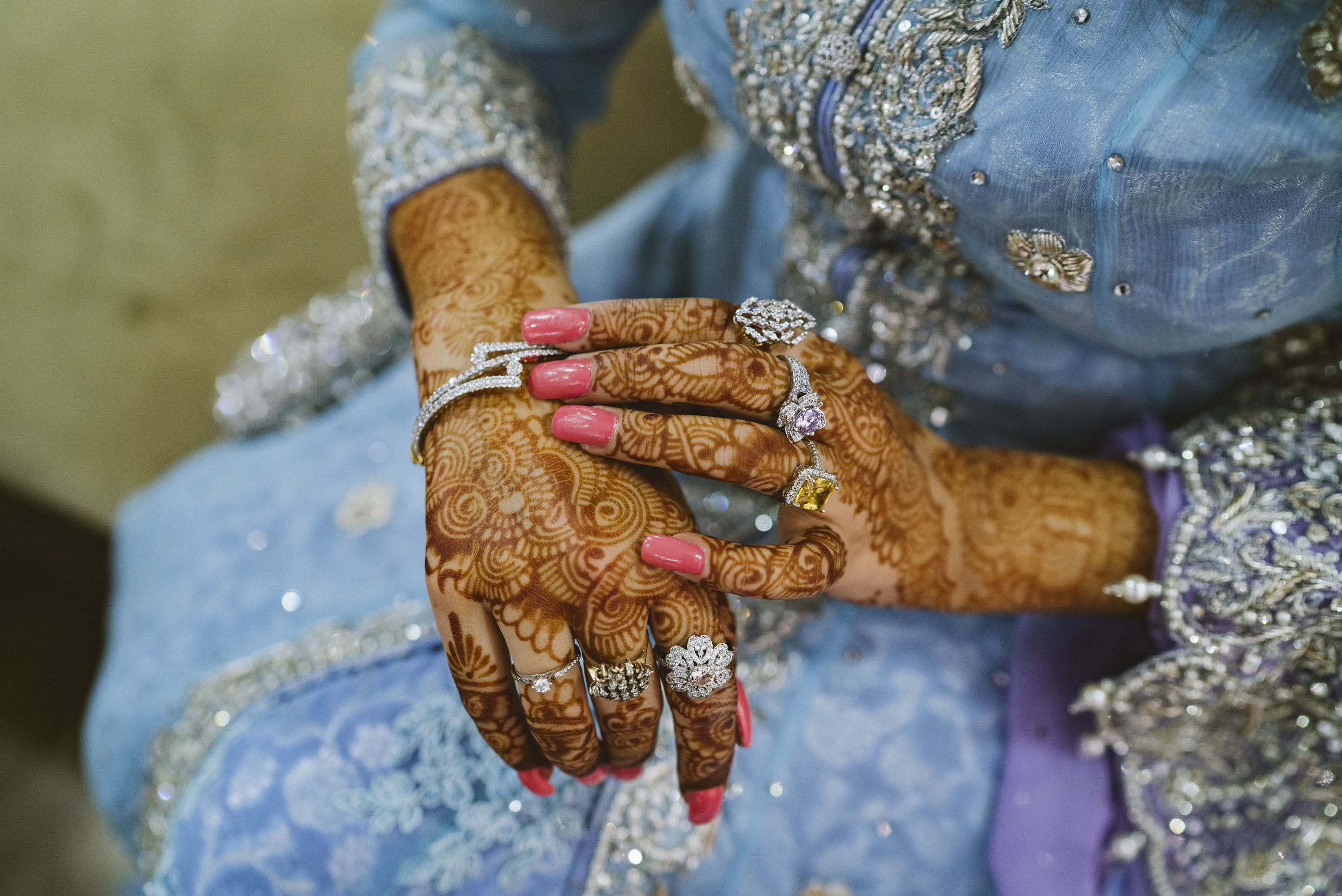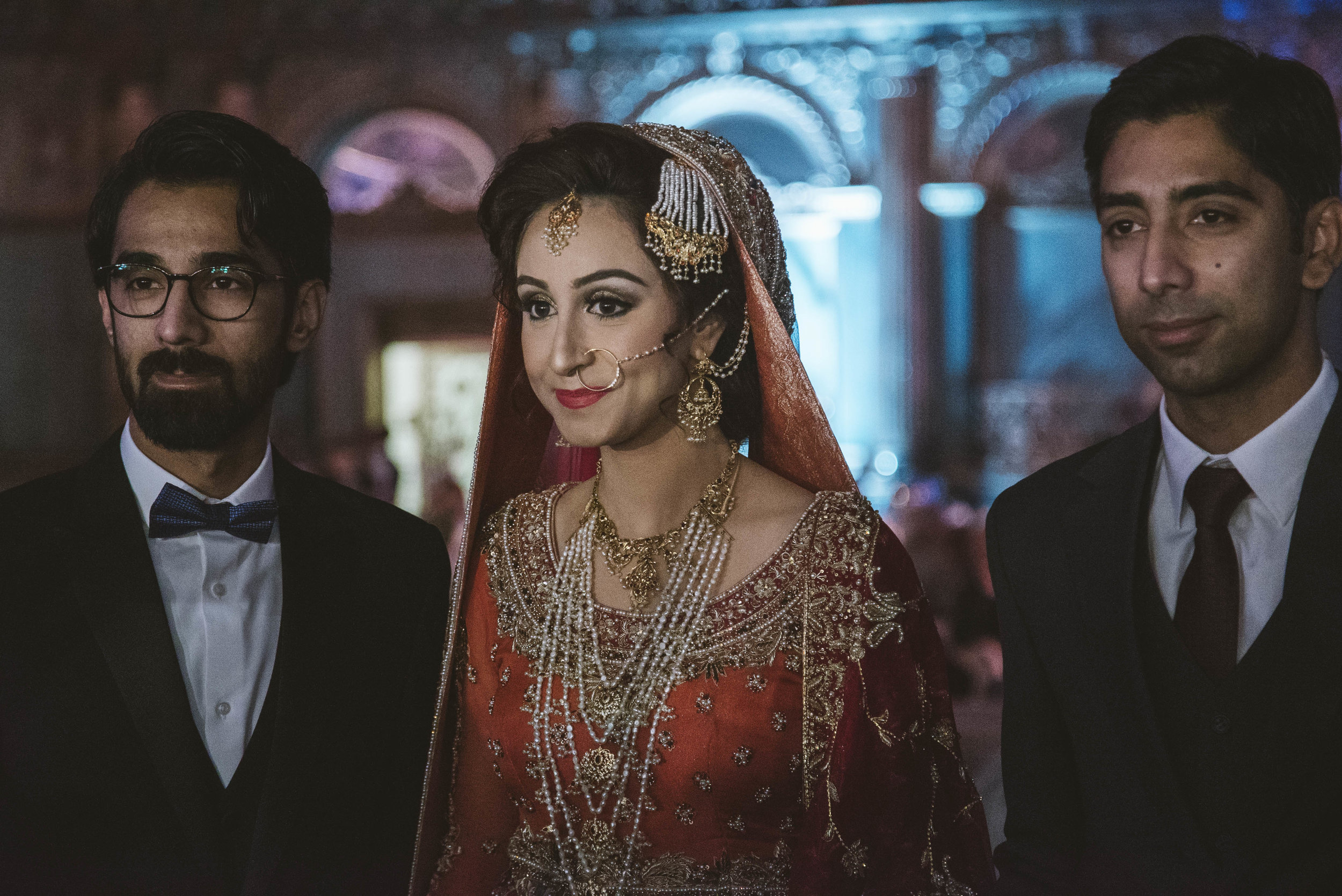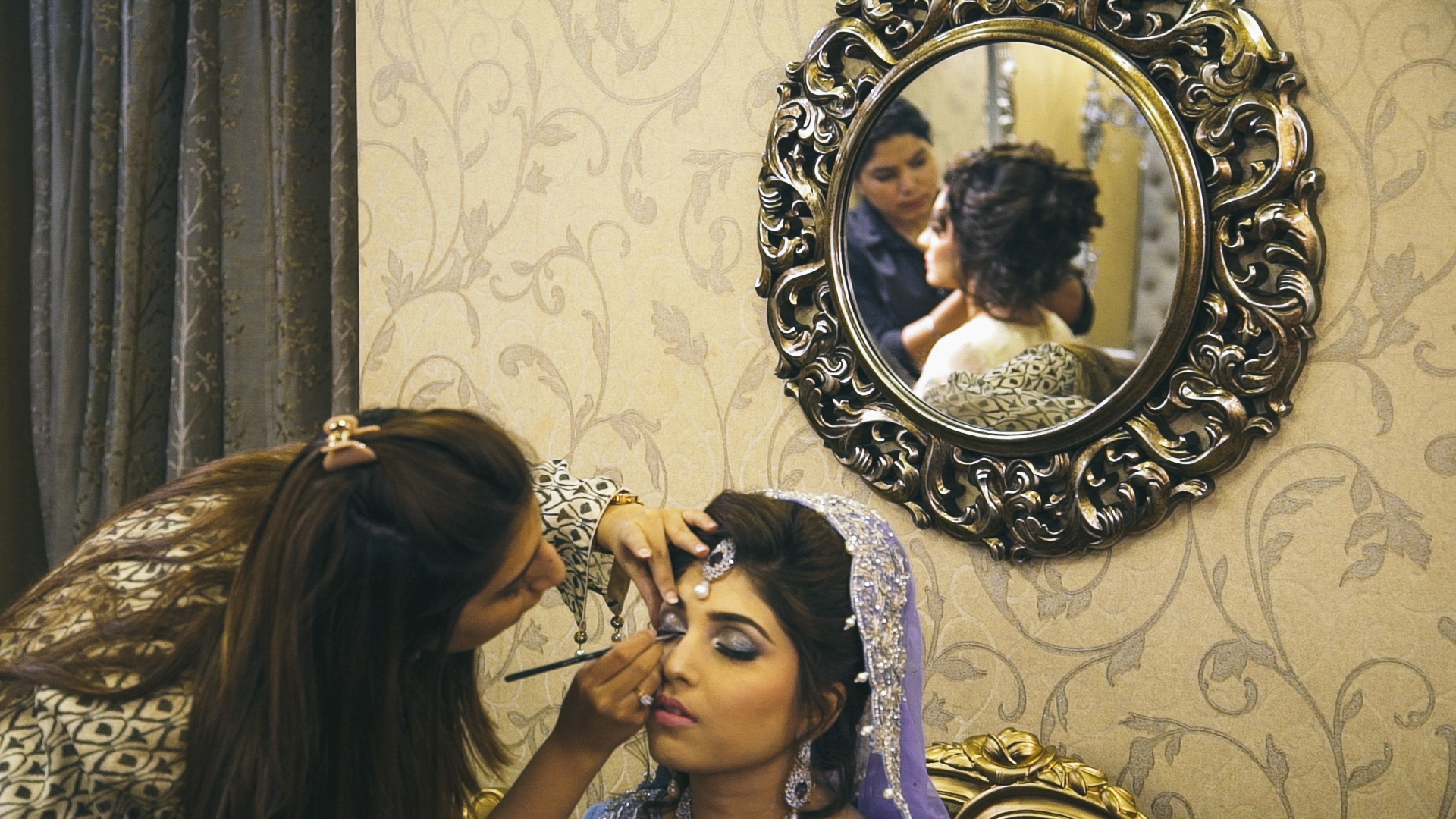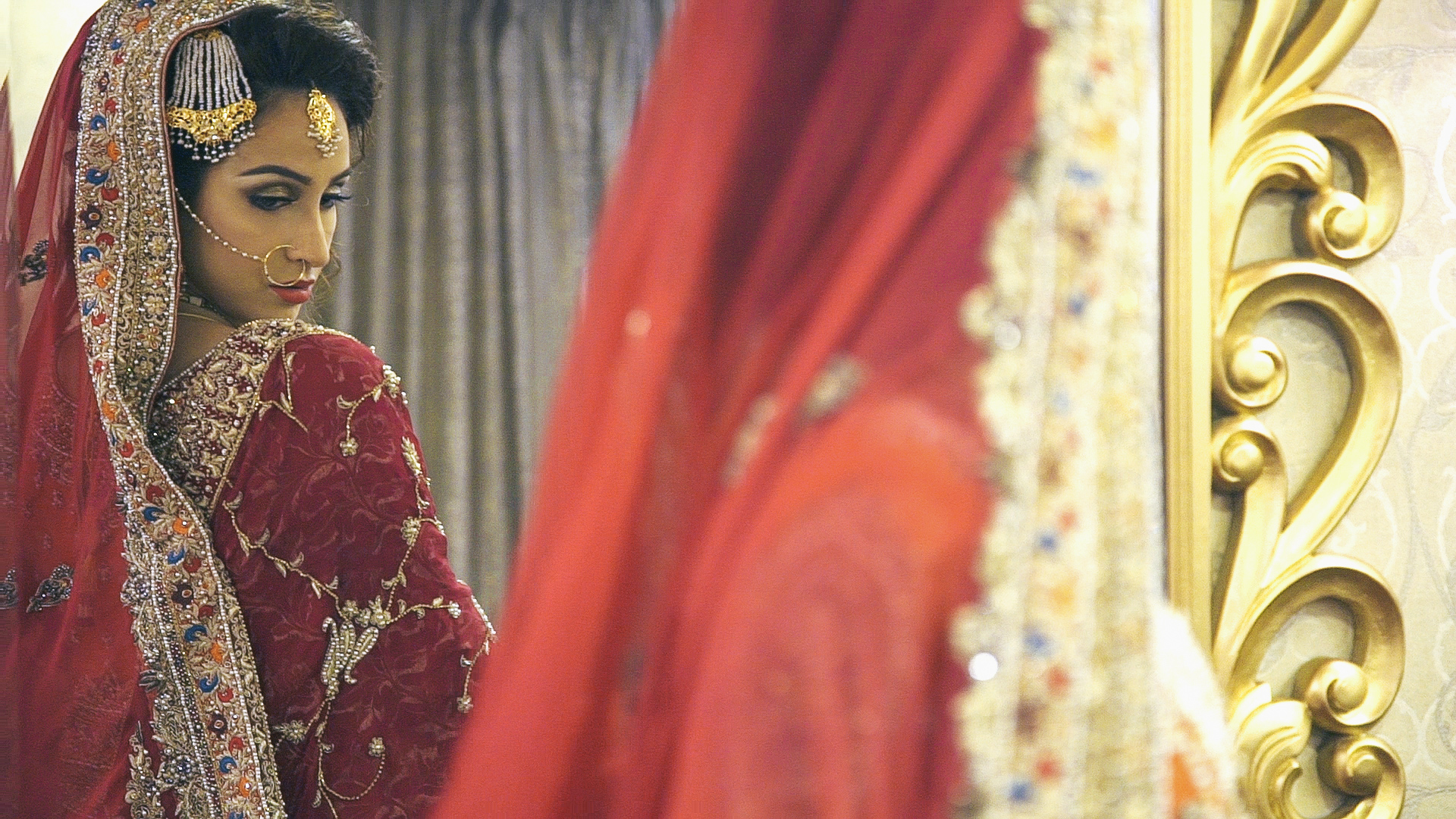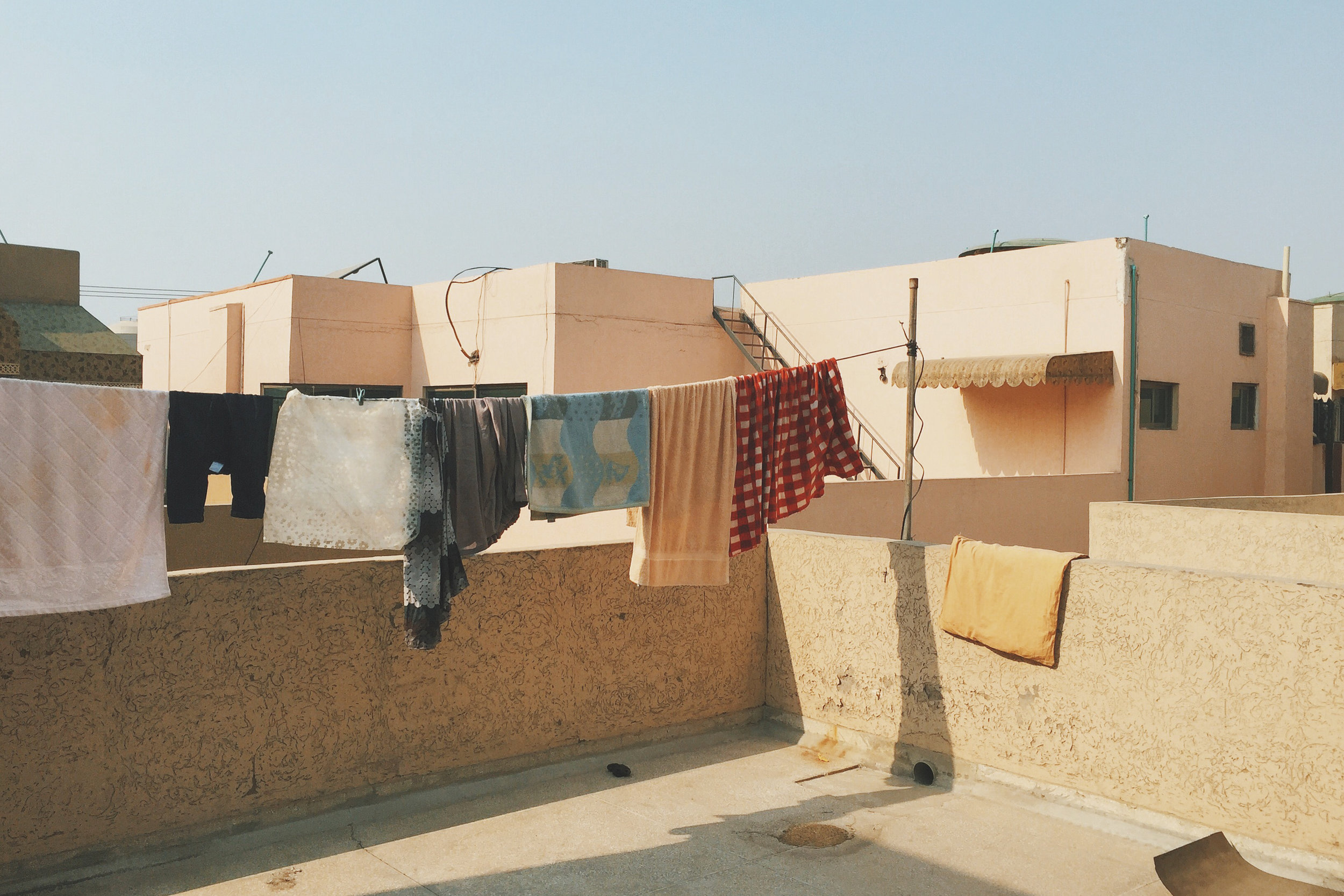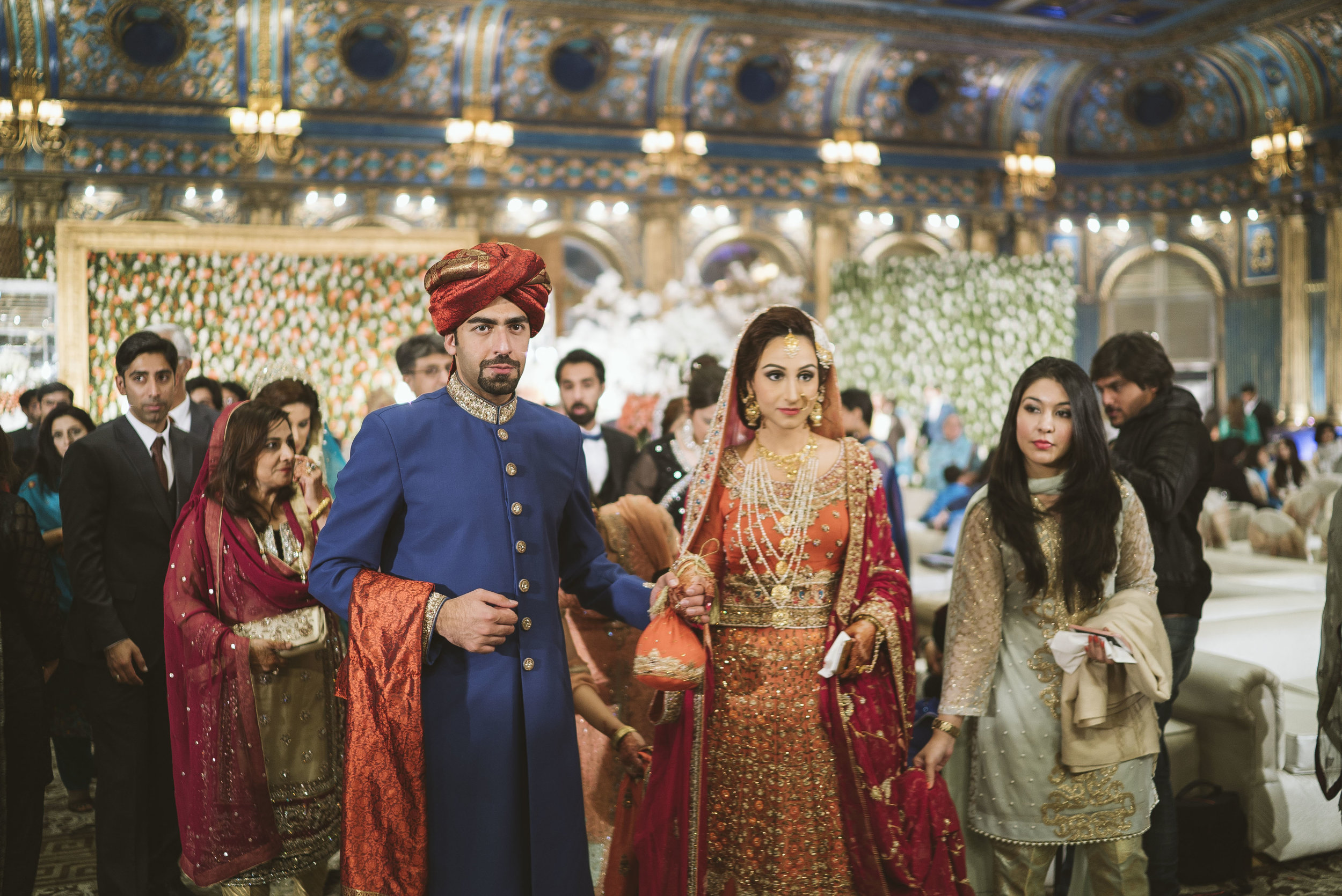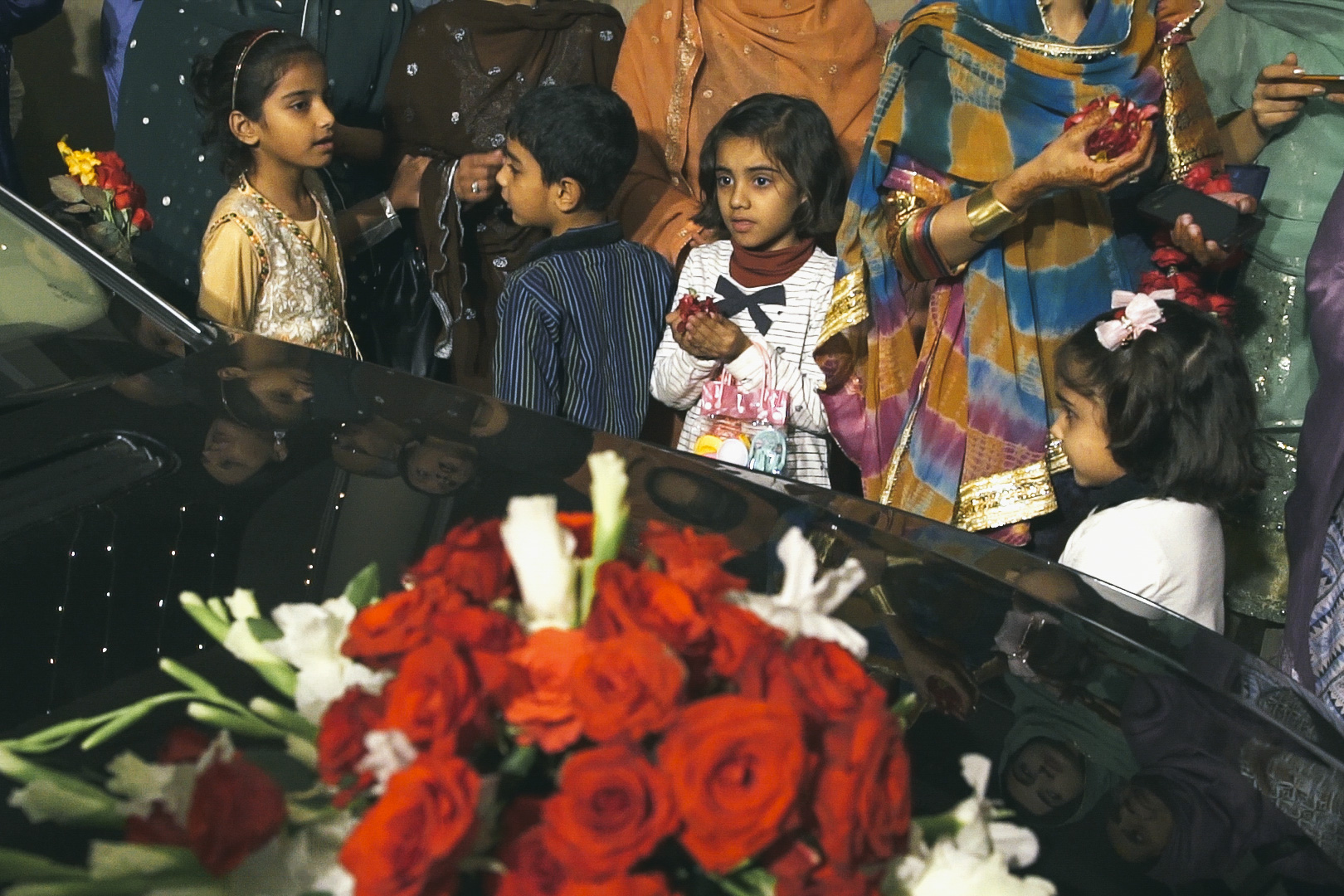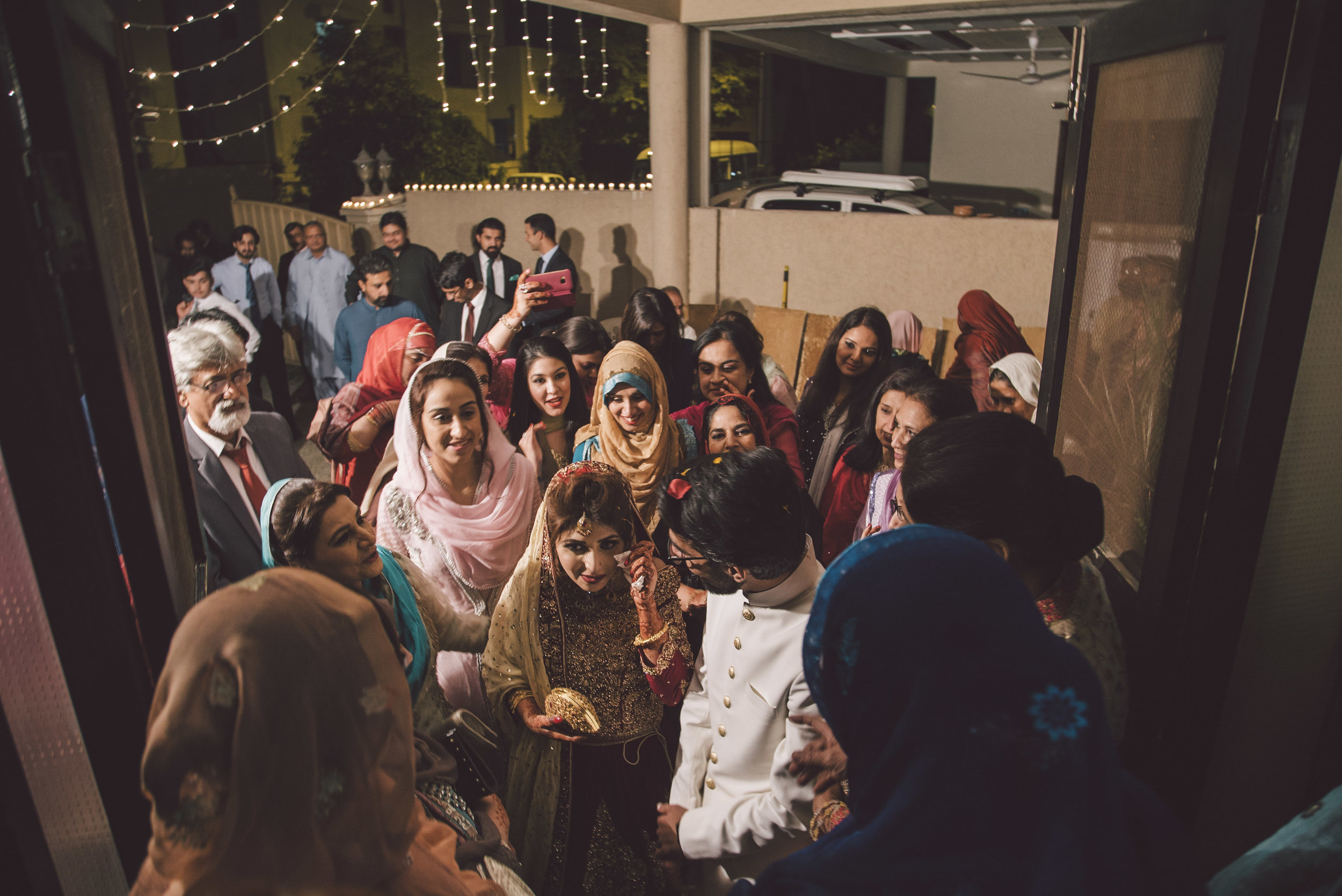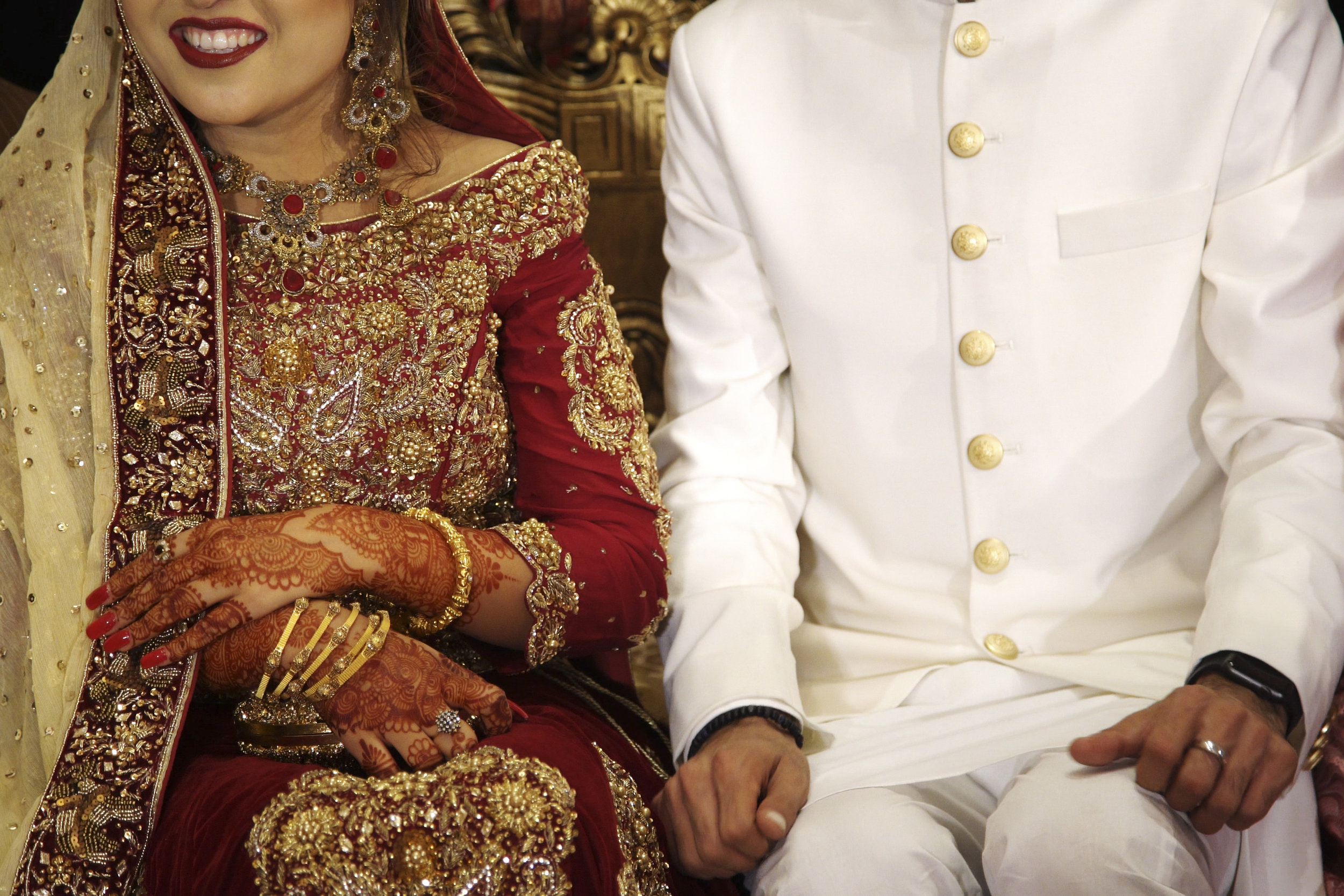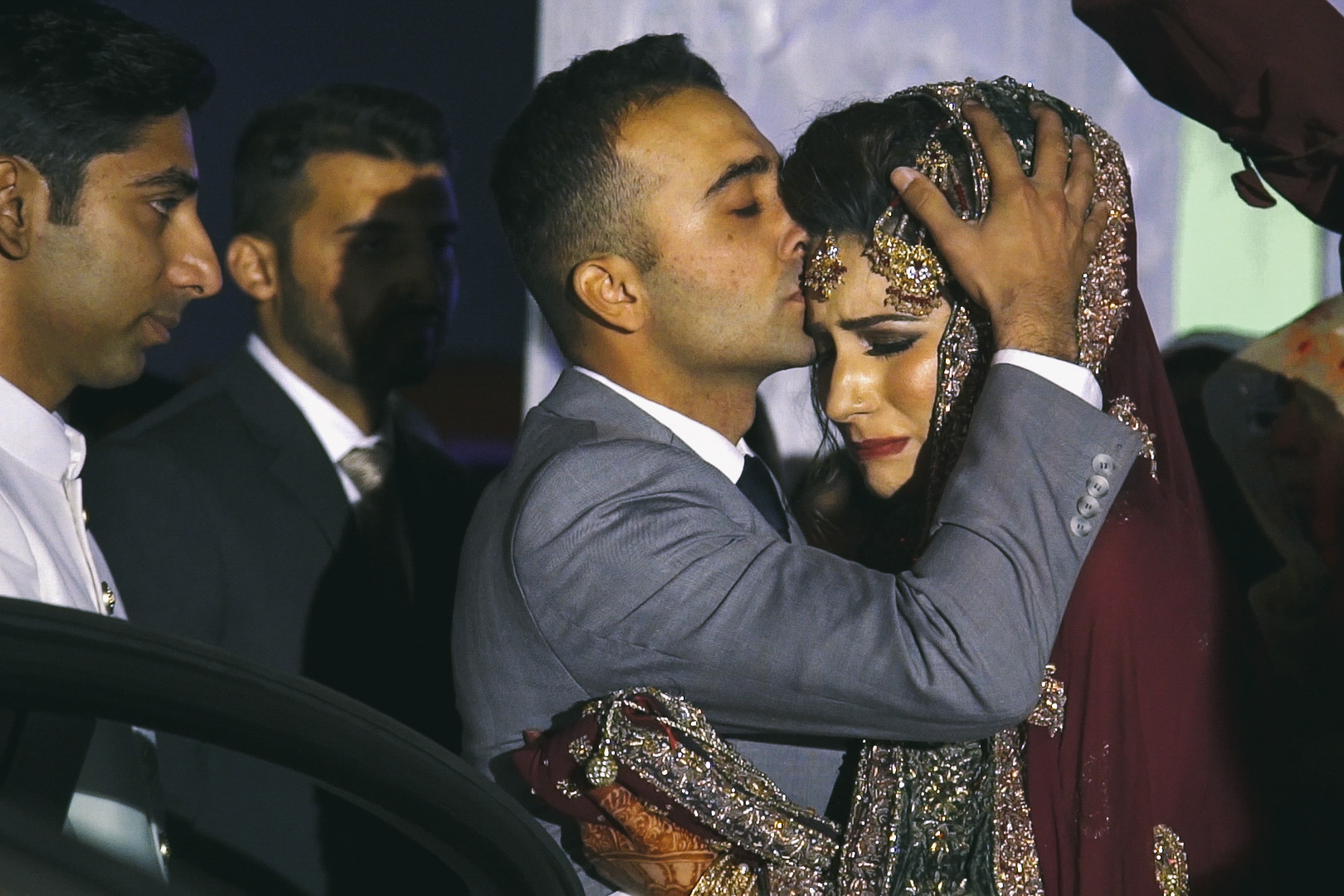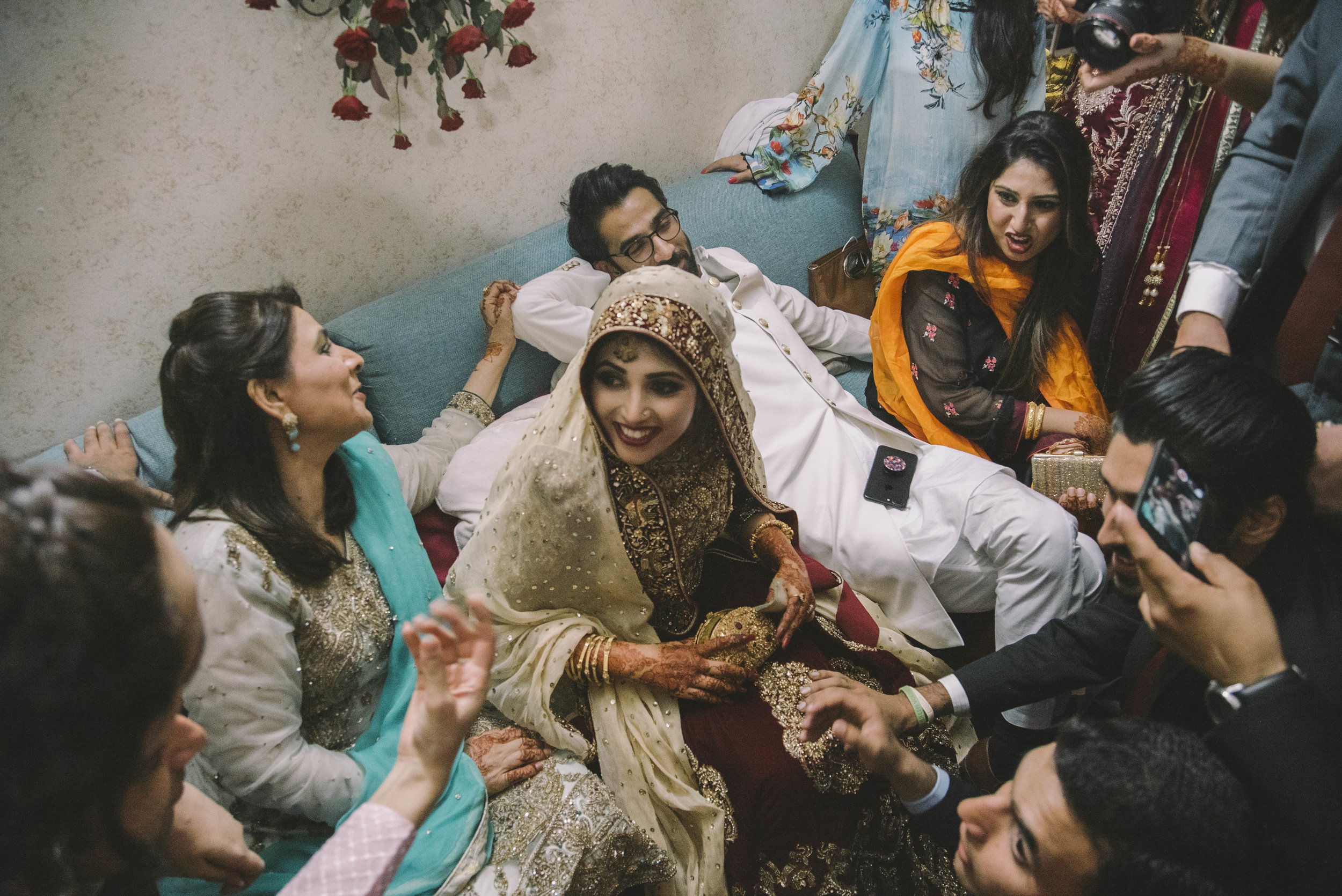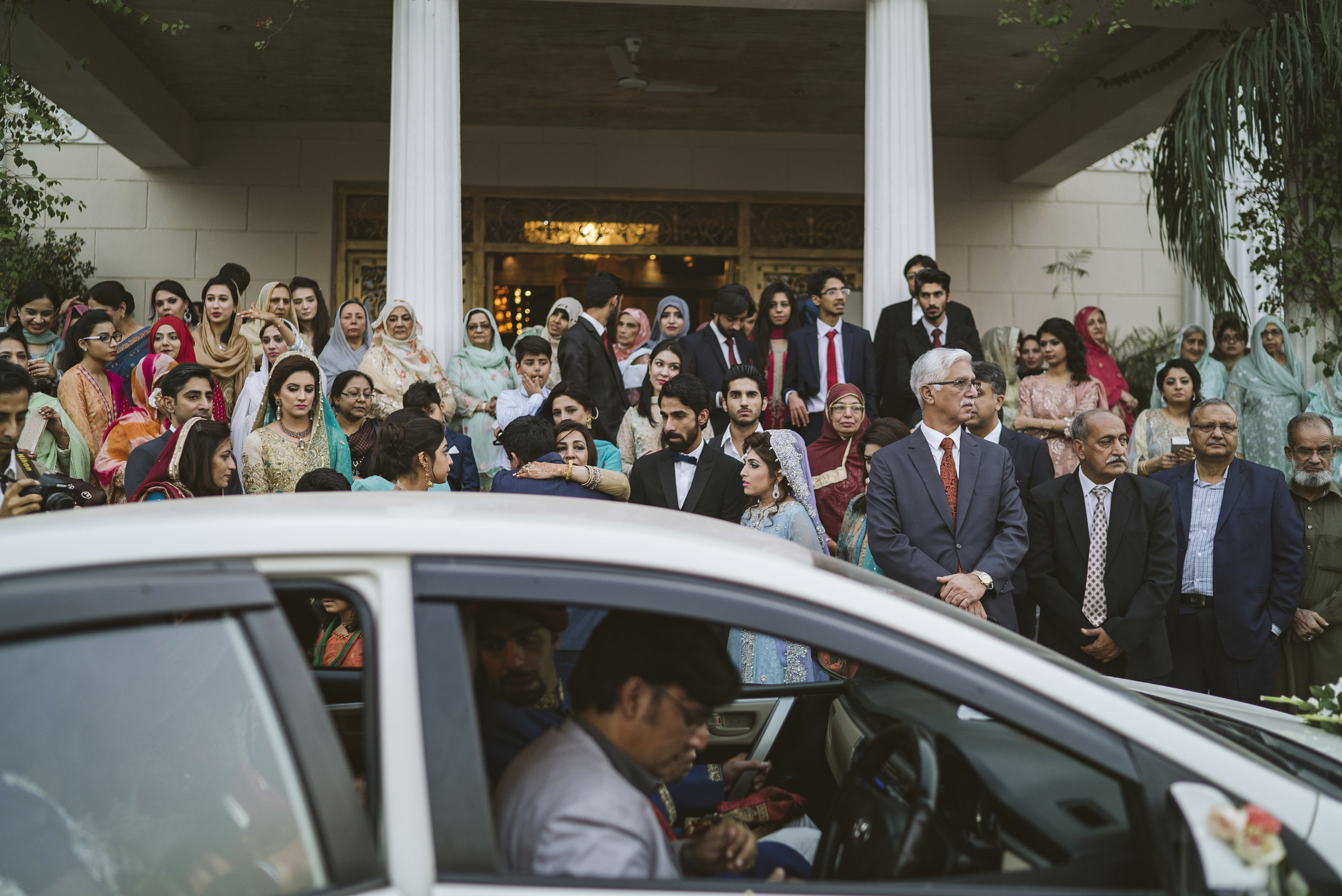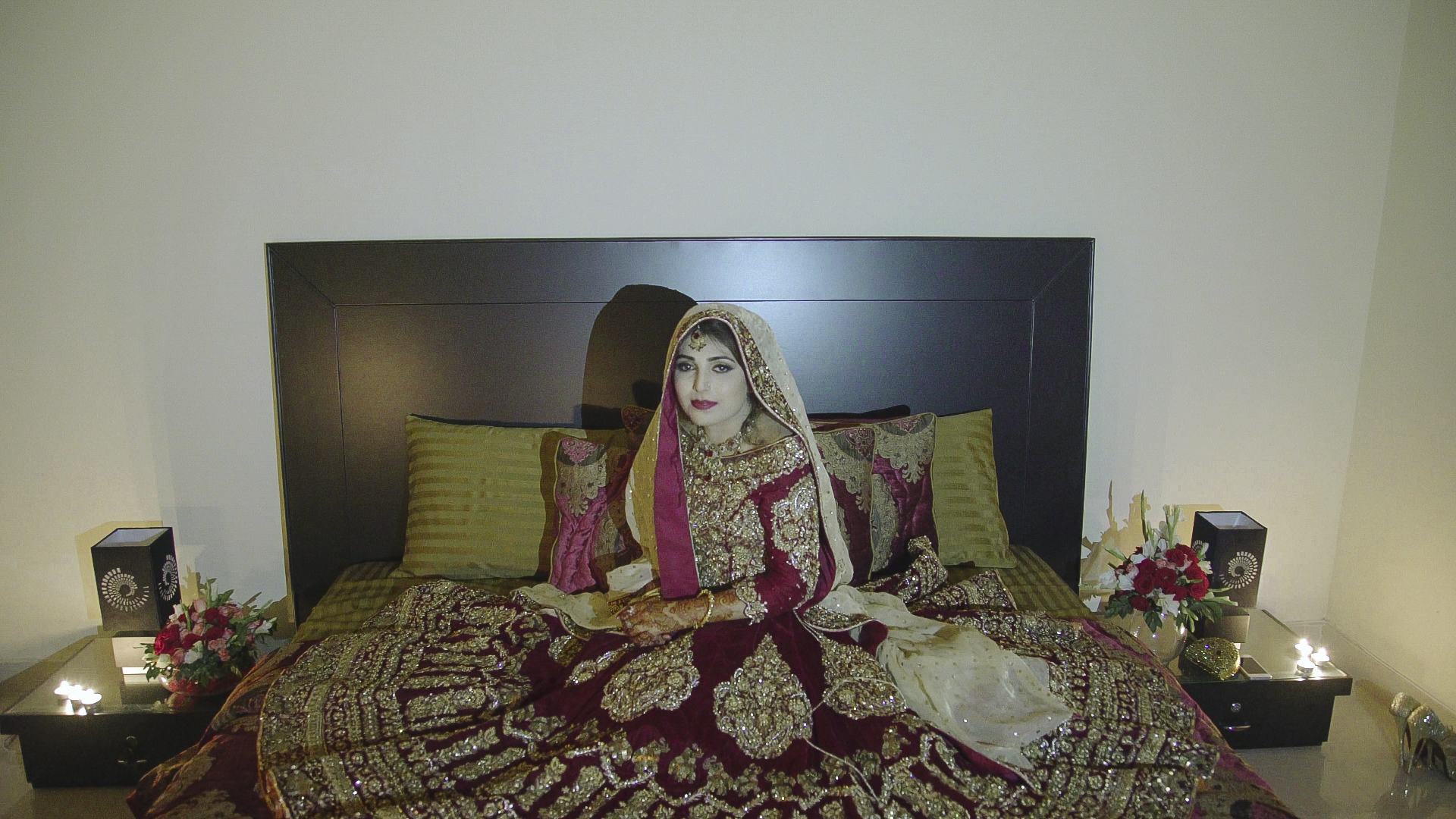Love, Arranged
Photographer
Over the course of one week, a family changed forever. From Lahore, Pakistan, the Sadal siblings chose to marry all within the same week of each other.
Zia, the oldest brother, married Farheen. Ayaz, the middle child, married Ayesha. And Sadaf, the younger sister, married Kashif.
Weddings in Pakistan are still very traditional, especially amongst Muslims. Yet modern marriage is different in many ways from those of the past. While most marriages still have some aspect of arrangement, love plays a bigger role in choosing a life partner than ever before.
So it follows that love and connection play an important part in creating a match - not just family approval, although this still remains crucial. In Islam, a marriage is seen as not only a uniting of the couple, but also a uniting of the family.
One family becomes two. In this case, one family becomes four.
Ayaz has left Pakistan to pursue a degree in the U.S. - his wife won't be far behind. Kashif, Sadaf's husband, is a doctor in Chicago. And Zia is studying in Germany, where his wife will soon join him. These three close-knit siblings grew up in Pakistan - and from the bonds of marriage they will now leave it.
Ahead is a view into three traditional Pakistani weddings - and a family's final moments before setting forth on a new journey in life.


